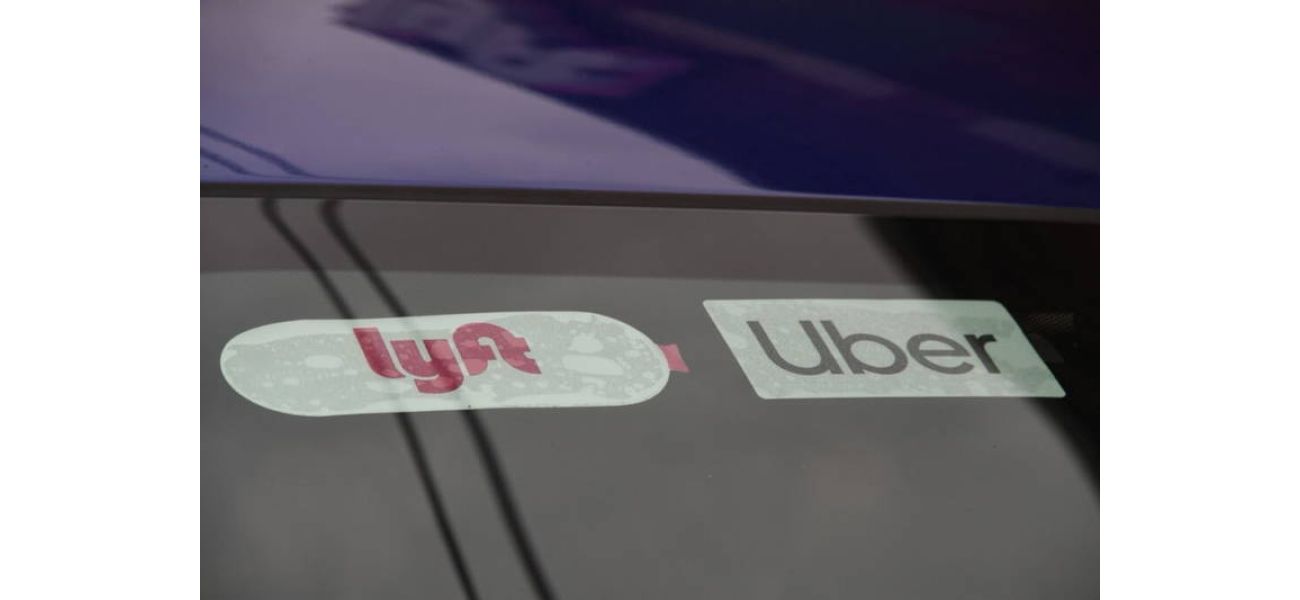Drivers for ride-sharing companies are developing their own apps and cooperative organizations in order to increase their income.
Large cities such as NYC and Denver have successful cooperatives.
February 18th 2025.

In response to the financial struggles of ride-hailing drivers, Business Insider recently reported that many drivers for Lyft and Uber are taking matters into their own hands by forming ride-hailing cooperatives and developing their own apps. These cooperatives, which operate on a non-profit basis, have proven to be a more favorable business model for some drivers. Lee Sperry, who has been working with the advocacy group San Diego Drivers Unite to improve working conditions with the ride-hailing companies, is just one of the many drivers considering the cooperative option.
Sperry believes that creating their own app and having designated leaders manage it could lead to more transparent policies around driver-related issues, such as deactivation from the apps. This has become a pressing concern for drivers, especially after a driver in Chicago sued both Uber and Lyft in November 2024, claiming her rights were violated when her account was removed due to city regulations. According to Sperry, a cooperative would operate differently, with drivers having a say in how the app is run, how pricing is determined, how drivers are paid, and who makes important decisions.
Some major cities, like New York City and Denver, already have successful cooperatives in operation. The Drivers Cooperative in NYC has been providing service since 2021, while the Drivers Co-op Colorado, which launched in September 2024, has around 16,000 drivers and returns 80% of each fare to the drivers. This is a stark contrast to other ride-hailing apps, where drivers have reported being paid less than half of the fare, with some making even less depending on local laws and regulations. In Boston, for example, drivers have seen a significant decrease in their wages after the state adopted a new minimum wage of $32.50 an hour. Some veteran drivers have even claimed that their wages have been cut. As one driver, Rafael, put it, "It's getting worse and worse."
Fellow driver Syed Hussain shares this sentiment, stating that new trips are being offered at extremely low rates that are not worth accepting. According to him, rides from the suburbs to Boston Logan International Airport are only going for under $20. This is where cooperatives come in, offering drivers a more sustainable option for higher wages compared to working for industry giants like Lyft, which claims to pay drivers 70% of the weekly rider payments they earn after fees. In a statement, Lyft has stated that there is no issue with drivers taking on other jobs, as they are independent contractors. Uber has a similar policy, stating that drivers have the freedom to work whenever and however they choose.
Aside from addressing payment and deactivation concerns, cooperatives also hope to combat other issues such as safety. Luis Arias, a driver himself, wants safety to be a top priority for both drivers and riders, as there have been reports of scams and other incidents. These cooperatives aim to provide drivers with better working conditions and pay, while also ensuring a safe and reliable service for riders. As the industry continues to evolve, it is clear that drivers are taking a stand and fighting for their rights and well-being.
Sperry believes that creating their own app and having designated leaders manage it could lead to more transparent policies around driver-related issues, such as deactivation from the apps. This has become a pressing concern for drivers, especially after a driver in Chicago sued both Uber and Lyft in November 2024, claiming her rights were violated when her account was removed due to city regulations. According to Sperry, a cooperative would operate differently, with drivers having a say in how the app is run, how pricing is determined, how drivers are paid, and who makes important decisions.
Some major cities, like New York City and Denver, already have successful cooperatives in operation. The Drivers Cooperative in NYC has been providing service since 2021, while the Drivers Co-op Colorado, which launched in September 2024, has around 16,000 drivers and returns 80% of each fare to the drivers. This is a stark contrast to other ride-hailing apps, where drivers have reported being paid less than half of the fare, with some making even less depending on local laws and regulations. In Boston, for example, drivers have seen a significant decrease in their wages after the state adopted a new minimum wage of $32.50 an hour. Some veteran drivers have even claimed that their wages have been cut. As one driver, Rafael, put it, "It's getting worse and worse."
Fellow driver Syed Hussain shares this sentiment, stating that new trips are being offered at extremely low rates that are not worth accepting. According to him, rides from the suburbs to Boston Logan International Airport are only going for under $20. This is where cooperatives come in, offering drivers a more sustainable option for higher wages compared to working for industry giants like Lyft, which claims to pay drivers 70% of the weekly rider payments they earn after fees. In a statement, Lyft has stated that there is no issue with drivers taking on other jobs, as they are independent contractors. Uber has a similar policy, stating that drivers have the freedom to work whenever and however they choose.
Aside from addressing payment and deactivation concerns, cooperatives also hope to combat other issues such as safety. Luis Arias, a driver himself, wants safety to be a top priority for both drivers and riders, as there have been reports of scams and other incidents. These cooperatives aim to provide drivers with better working conditions and pay, while also ensuring a safe and reliable service for riders. As the industry continues to evolve, it is clear that drivers are taking a stand and fighting for their rights and well-being.
[This article has been trending online recently and has been generated with AI. Your feed is customized.]
[Generative AI is experimental.]
0
0
Submit Comment





